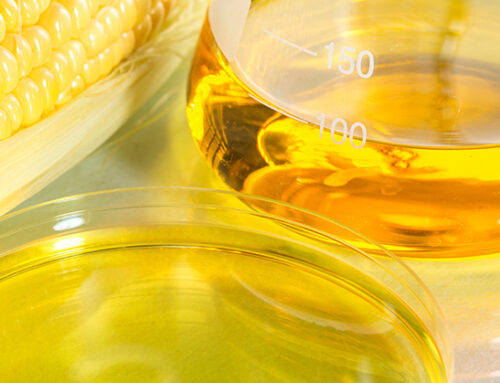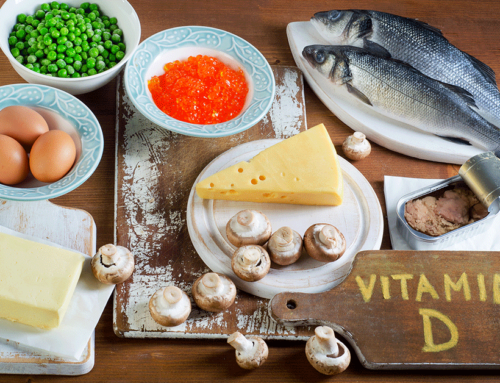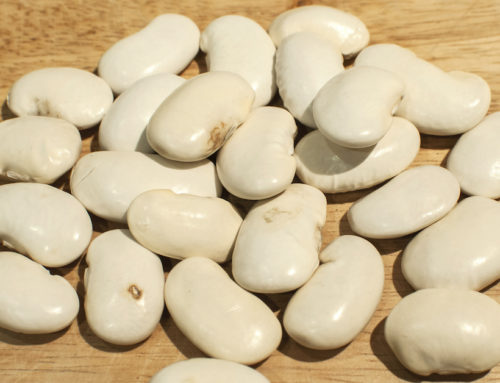There’s a natural chemical found in a wide variety of food and drinks that’s powerfully good for your body and brain.
It has antioxidant properties that bolster your body’s defenses against daily damage caused by everyday toxins and free radicals…
It has anti-inflammatory properties to defend your cells and neurons from the damage caused by oxidation…
And it has antimutagenic properties that work to prevent DNA mutations that are often caused by exposure to things like toxic chemicals, too much radiation and heavy metals like arsenic and cadmium.
Research indicates this hard-working phytochemical can protect your brain from developing dementia…
This amazing plant chemical is called gallic acid. Studies show it helps protect against dementia and Alzheimer’s disease, and more. . .
Gallic Acid Also Helps Protect Against Stroke Damage
Ischemic injury is damage to the brain caused by blockage or a clot in the blood vessel that can lead to a stroke. Reperfusion injury, also called reoxygenation injury, is caused when the blood supply returns to the tissue after a period of ischemia.
Because the tissue has been starved of oxygen and nutrients during the blockage, when the blood returns it can cause inflammation and oxidative damage, rather than simply helping the tissue return to normal function.
Both of these situations – ischemic stroke and its aftermath — are cause for serious concern.
But a study published in the journal Brain Research in 2014 found that gallic acid reduced mitochondrial swelling during reperfusion, which then helped to prevent cell death associated with this damage.1
Another study, involving animals, discovered that administration of gallic acid five days before and five days after an ischemic/reperfusion injury reduced the amount of damage to the neurons and had a beneficial effect on behavior impairments.
The antioxidant effects of the gallic acid helped to significantly reduce harmful outcomes like damaged ability to walk, sensorimotor disorders and hypoalgesia (a dulled sensitivity to pain).2
Gallic Acid for Dementia Prevention
There have been several studies on gallic acid’s effect on the hippocampus in relation to Alzheimer’s disease.
A 2013 study published in the journal Bioorganic & Medicinal Chemistry Letters found that gallic acid was the most active compound to inhibit amyloid fibril formation and prevent the clumping and aggregation that follows, which contributes to neuron death.3
Other studies back this up. A study of Alzheimer’s in mice, published in the April 2016 issue of Basic and Clinical Neuroscience, researched the effects of gallic acid on the hippocampus after it’s been damaged by beta-amyloid plaques.
The study found that mice treated with gallic acid had better cognitive functioning and less neuronal damage than those that went untreated. Researchers concluded the free-radical scavenging properties and ability to decrease formation of beta-amyloid plaques was responsible for the beneficial effects of gallic acid.4
The Tastiest Ways to Get More Gallic Acid
Gallic acid is abundant in many fruits and herbs. Some of the highest levels of gallic acid are found in:
✔ Strawberries
✔ Mangoes
✔ Figs
✔ Grapes
✔ Bananas
✔ Tea, especially black tea
✔ Cloves
✔ Wine vinegars
✔ Apple cider vinegar
When choosing vinegars, go for apple cider vinegar with the “mother” — vinegar starter with live, fermenting bacteria cultures5 — and slow-aged red wine vinegars.
According to a study published in the August 2008 issue of Food Chemistry, red wine vinegar aged in chestnut wood barrels had the highest concentrations of gallic acid, followed by those that were aged in oak and cherry wood barrels. The phenolic compounds in the wood help to increase the gallic acid already present in the grapes.6
And, of course, always choose organic fruits and teas whenever possible.
- Neuroprotective effects of gallic acid against hypoxia/reoxygenation-induced mitochondrial dysfunctions in vitro and cerebral ischemia/reperfusion injury in vivo.
- The effects of gallic acid on pain and memory following transient global ischemia/reperfusion in Wistar rats.
- Gallic acid is the major component of grape seed extract that inhibits amyloid fibril formation.
- Effect of gallic acid on dementia type of Alzheimer disease in rats: Electrophysiological and histological studies.
- Bioactive components of mother vinegar.
- The phenolic composition of red wine vinegar produced in barrels made from different woods.







